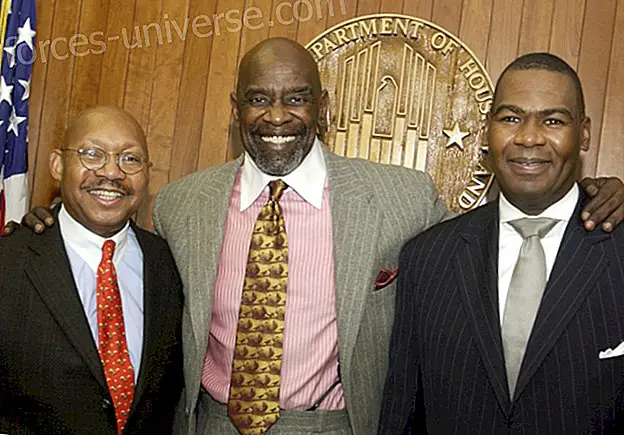Hypnotherapy is a curative method that consists in the search for psychic trauma of patients . The therapist suggests to the patient, who is under an induced hypnotic state, to abandon his or her symptoms.
Hypnosis is effective in supporting weight reduction treatments , bulimia, stress reduction or phobias treatment . Its value has been demonstrated to induce analgesia states - not feeling pain temporarily - but there is not enough evidence that the conditions can really be `` cured '' only by this procedure.
How does hypnotherapy work?
In hypnotherapy, the therapist communicates with the patient's world through suggestions and experiences that he provokes through speech. From this point of view, hypnosis is a phenomenon of communication.

The hypnotist tries to communicate feelings of security, care, consideration and respect. Through this relationship, the patient can reduce his defense mechanisms and achieve a state of physical and mental serenity .
Hypnosis is a natural state of deep relaxation, but the patient in that state is still alert. You have total control over what you want or don't want to do and will immediately reject any concept that is uncomfortable.
If the patient likes everything he hears and intimately wants the concepts spoken of by the therapist to be fulfilled, he will allow them to enter his subconscious in the most natural way .
The therapist does not possess any unknown power or force, he is a specialist in guiding other people to reach a hypnotic state that allows them to make changes in their lives .
If at any time during the hypnotic process, the patient wishes to leave, he will be alert naturally . It is not possible to keep a hypnotized patient against his will.
Hypnotherapy and the laws of Coué
Emilio Coué was a French pharmacist and psychiatrist (1857-1926) who is considered the author of the curative method based on autosuggestion.
During World War I, he had problems accessing the drugs with which to carry out his treatments, and it was at that moment that he decided to try placebos .
Coué had enough time to observe the recovery processes of his patients and concluded that most of them recovered as if they had been medicated with their usual drugs .
His investigations gave rise to three conclusions called "Laws of Coué".
Coué's Laws
Sustained Attention Law
When a person concentrates his attention on an idea or thought, that idea tends to be realized and will tend to manifest spontaneously .
Reversible Effort Law
If a person thinks that he cannot perform a task, the more he tries, the less he can do it. His mental state ensures that "he would like to do this or that, but he cannot ."
Dominant Affection Law
A strong emotion always tends to replace a weak emotion . An emotion associated with a suggestion will make the suggestion more effective.
A suggestion linked to an emotion will prevail over any other suggestion that is currently in the mind.
Although the effectiveness of hypnotherapy has not been verified, it is considered a complementary alternative medicine that can support various treatments with reasonable efficacy . One of the most promising approaches to this discipline is the so-called "behavioral hypnosis."
This type of hypnotherapy understands that the benefits are the result of various psychological variables, such as expectations, motivation, active imagination and appropriate attitudes .
Seen in Excelsior, by Pedro, editor of the White Brotherhood






